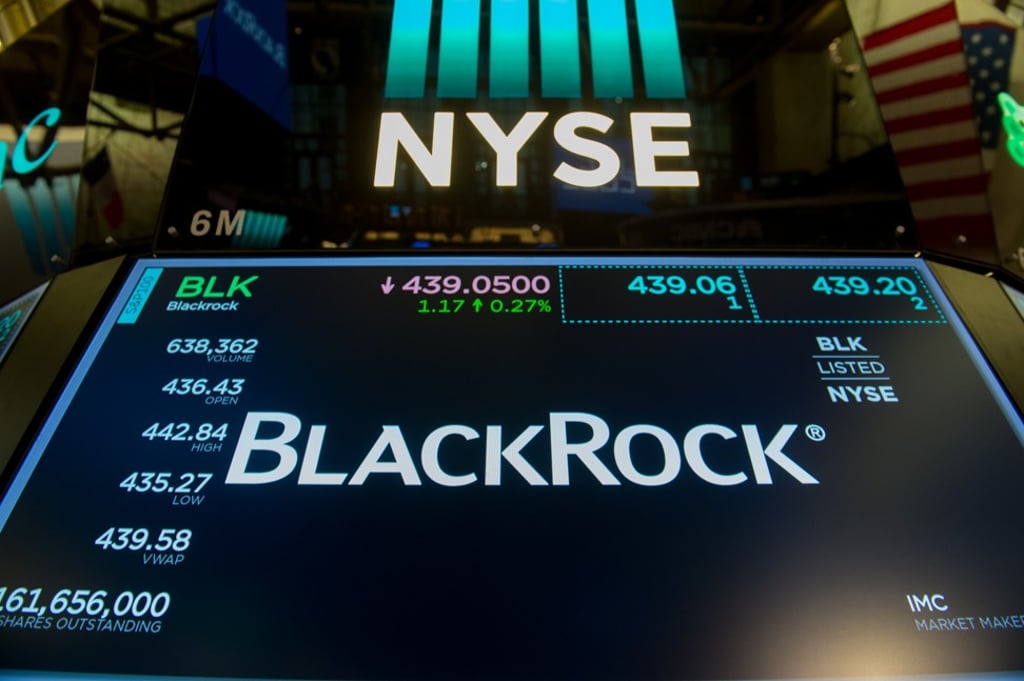Advertisement
Macroscope | A financial recession may be fund managers’ last chance to win back investors from passive index funds
- Index funds, with their sterling performances and lower fees, have quietly stolen the thunder from managed funds. The next financial meltdown could, perversely, be a chance for managers to show they are still worth investing in
Reading Time:3 minutes
Why you can trust SCMP
0

A few months ago, for the first time ever, half of all investors in the United States decided to give up on professional stock pickers to safeguard their investments. In May this year, index funds, which passively track stock market indices, caught up with actively managed funds in terms of total assets under management. By August, actively managed funds had been surpassed.
The active investment industry, where fund managers pick stocks rather than track an index, is facing mounting pressure as a result of their high fees and disappointing performances. Active funds based in the US had US$12.9 billion pulled out in the first five months of this year, while those in Europe had almost double that figure – €20.9 billion (US$23 billion) – taken out over the same period.
For many investors in the region, recent European regulations forcing investment management firms to clarify the extent of their investment fees have hastened their demise and, according to a Moody’s report, passive funds are likely to account for a quarter of the European fund market by 2025.
Perhaps rather perversely, the best chance – perhaps even the last chance – for active managers to prove their worth may be in the next financial downturn.
According to financial services firm Morningstar, the only years in the past decade where actively managed mutual funds experienced positive net inflows were 2009-2010 – right after the 2008 global financial meltdown, when investors frantically transferred their money back to those who are paid generous fees for their ability to minimise the impact of financial Armageddon on their portfolios.

Battling their way out of the next inevitable financial downturn could go one of two ways for active fund managers. If there is a significant correction and they are able to beat the index funds, they will have genuine leeway to convince investors to continue to keep a significant amount of their portfolios under active management.
Advertisement
Select Voice
Choose your listening speed
Get through articles 2-3x faster
1.1x
220 WPM
Slow
Normal
Fast
1.1x
